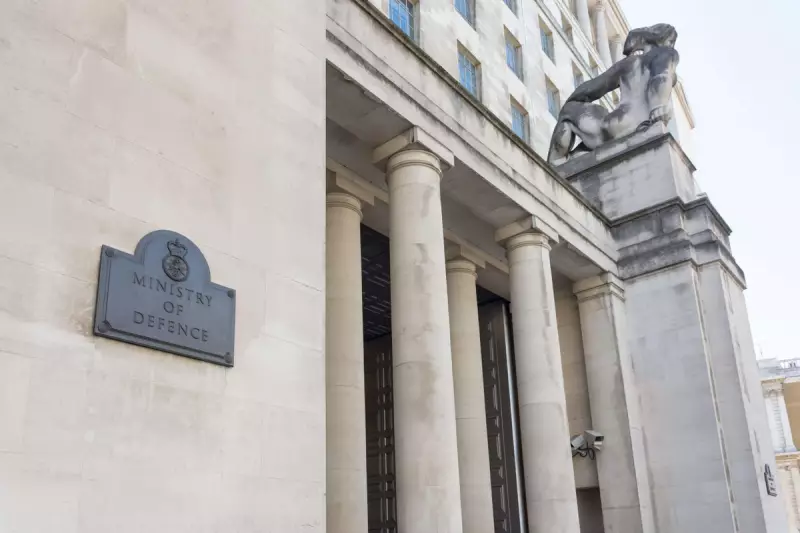
Defence chiefs have launched a blistering attack on the Home Office, accusing it of abandoning Afghan special forces soldiers who served alongside British troops, in a major Whitehall rift exposed by the BBC.
The Ministry of Defence has formally challenged the Home Office's decision to reject the relocation applications of dozens of elite Afghan commandos from two key units that were directly trained and funded by the UK. These soldiers are now facing grave danger from Taliban reprisals.
A Pattern of Refusal and a Mounting Crisis
Internal emails and documents reveal a systemic dismissal of compelling evidence. The Home Office's controversial ARAP (Afghan Relocations and Assistance Policy) team has repeatedly refused applications despite being presented with official MoD testimony confirming the applicants' service and the imminent threats they face.
One furious defence official condemned the decisions as "appalling" and "devoid of any logic or fairness," stating they were made with a "shocking lack of empathy."
The Elite Units Left Behind
The crisis centres on members of the Afghan Commando Force and the Afghan Territorial Force. These were not ordinary soldiers; they were specialised units that worked directly with UK forces, often on highly sensitive and dangerous operations. Their association with Britain makes them and their families prime targets for the Taliban.
Campaigners and lawyers argue that the Home Office is applying an excessively narrow and rigid criteria, ignoring the spirit of the UK's obligation to its allies. Many applications are being rejected on minor technicalities, even when the applicant's service is not in doubt.
Lives Left in Limbo
The human cost of this bureaucratic failure is immense. One former interpreter for the British Army, whose application was also rejected, has been in hiding for two years. In a desperate message, he pleaded, "Please save our lives... We are in great danger." His story is a stark example of the fear and desperation felt by those left behind.
This scandal raises serious questions about the UK's commitment to those who risked their lives working with its armed forces, and points to a deep, dysfunctional divide within the UK government's handling of the Afghan crisis.





